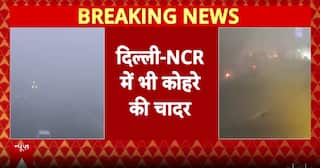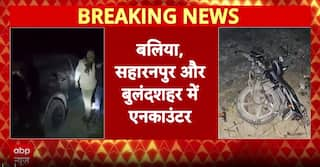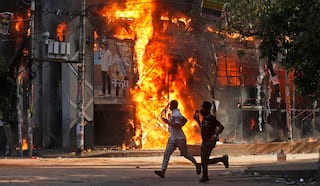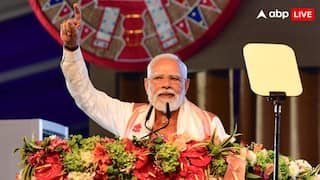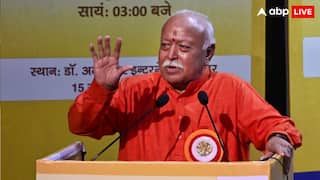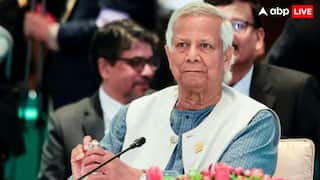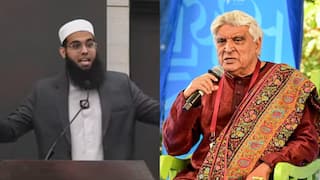Canada Advises Citizens To Avoid All Travel To Jammu-Kashmir Due To ‘Unpredictable Security Situation’
Canada has issued a travel advisory warning its citizens to "avoid all travel to the Union Territory of Jammu and Kashmir amid escalating diplomatic tensions between with India.

Canada has issued a travel advisory warning its citizens to "avoid all travel to the Union Territory of Jammu and Kashmir due to the unpredictable security situation." The advisory cites the presence of a "threat of terrorism, militancy, civil unrest, and kidnapping" in the region. It explicitly excludes travel to or within the Union Territory of Ladakh. This advisory comes amid escalating diplomatic tensions between Canada and India.
Tensions between the two nations escalated when Canadian Prime Minister Justin Trudeau made allegations of India's involvement in the killing of Hardeep Singh Nijjar, a prominent Sikh leader in Canada known for his sympathies toward Khalistani separatists. The Ministry of External Affairs (MEA) swiftly rejected these claims, denouncing them as "absurd and motivated." India accused Canada of attempting to divert attention away from the presence of Khalistani terrorists and extremists who have reportedly found shelter in Canada.
In response to Trudeau's allegations, the MEA summoned the High Commissioner of Canada to India, informing him of India's decision to expel a senior Canadian diplomat posted in the country. The unnamed diplomat has been given five days to leave India. An official document from the Indian government states that this action reflects "the Government of India’s growing concern at the interference of Canadian diplomats in our internal matters and their involvement in anti-India activities."
The diplomatic row took another turn when the Foreign Ministry of Canada ordered the expulsion of a top Indian diplomat, Pavan Kumar Rai, who represented India's Research and Analysis Wing (RAW). Rai, a 1997-batch Indian Police Service (IPS) Officer, had been serving as Joint Secretary (Personnel) at the Ministry of External Affairs since December 2018.
The catalyst for this diplomatic dispute was the tragic shooting of Hardeep Singh Nijjar on June 18 outside a Sikh temple in Surrey, British Columbia. Nijjar was a Canadian Sikh leader and a prominent sympathiser of the Khalistani separatist movement.
Arindam Bagchi, Spokesperson for the MEA, strongly rejected Canada's allegations, stating, "Allegations of the Government of India's involvement in any act of violence in Canada are absurd and motivated … We are a democratic polity with a strong commitment to the rule of law." Bagchi mentioned that Prime Minister Trudeau had raised this issue with Indian Prime Minister Narendra Modi during their meeting on the margins of the G20 Leaders’ Summit in New Delhi.
Bagchi also expressed New Delhi's concern over the presence of Khalistani terrorists and extremists who are allegedly harbored in Canada and continue to pose a threat to India's sovereignty and territorial integrity. The MEA spokesperson emphasised that the Canadian government's inaction on this matter has been a long-standing concern for India.
As diplomatic tensions continue to rise, India has reciprocated by expelling Olivier Sylvestere, the Canadian intelligence agency's station chief in India, according to sources.
More On It: India Rejects Canadian PM Trudeau’s Allegations As ‘Absurd And Motivated’, Expels Senior Diplomat












